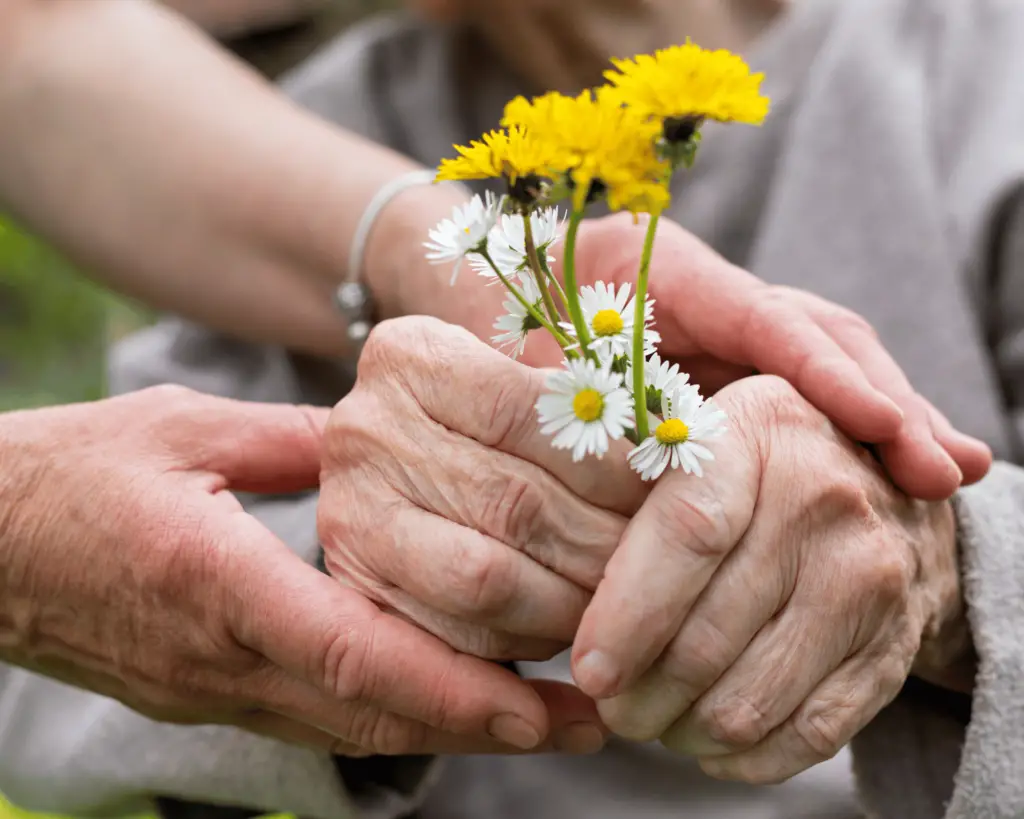Aging Parents in Care: Recognizing and Responding to Elder Abuse
Have you noticed a change in your aging parents’ behavior? Do they seem distant, afraid, or have unexplained bruises and injuries? If so, your parent may be living with elder abuse. Elder abuse is a growing concern for older adults around the world. It can happen to anyone regardless of their race, gender, or social status.
In this article, we will discuss what elder abuse is, how to recognize it, and steps you can take to respond if you suspect your aging parents may be experiencing it.

What is Elder Abuse?
Elder abuse is any intentional action or inaction that causes harm or distress to an older adult. This can include physical, emotional, sexual, or financial abuse as well as neglect and abandonment. It can happen in any setting, from the comfort of one’s own home to a nursing home or assisted living facility.
How to Recognize Elder Abuse
There are various signs that may indicate elder abuse is taking place. Some common indicators include:
- Unexplained bruises, cuts or injuries
- Sudden changes in behavior or mood
- Isolation and withdrawal from family and friends
- Fear or avoidance of specific individuals
- Changes in financial status, such as missing money or valuables
If you notice any of these signs in your aging parents, it’s important to investigate further. It’s also essential to pay attention to any caregivers or individuals who may have access to your parent and their belongings.
Responding to Elder Abuse
If you suspect your aging parent is experiencing elder abuse, it’s crucial to take action. Here are some steps you can take to respond:
Talk to Your Parent
Approach your parent with care and concern, and try to have an open and honest conversation about what is happening. Remember to listen actively and validate their feelings. The most important thing is to let your parent know that they are not alone and that you are there to support them.
Contact the Authorities
If you believe your parent is in immediate danger, call 911 or the local police. They can provide emergency assistance and remove your parent from the harmful situation. If you suspect financial abuse, contact your state’s Adult Protective Services.
Seek Legal Advice
In cases of severe abuse or neglect, it may be necessary to involve a nursing home abuse lawyer. A lawyer can help you navigate the legal process and hold the responsible parties accountable for their actions. They can also assist in recovering any financial losses your parent may have experienced.
Find Support and Resources
Being a caregiver to an aging parent can be overwhelming, especially when faced with elder abuse. It’s essential to seek support for yourself and your parent during this difficult time. Many organizations offer resources and support groups for caregivers of abused older adults.
Prevention is Key
The best way to protect your aging parents from elder abuse is to prevent it from happening in the first place. Here are some steps you can take to help prevent elder abuse:
- Stay involved and connected with your parent
- Educate yourself and others about the signs of elder abuse
- Be cautious when hiring caregivers or allowing individuals into your parent’s home
- Encourage open communication with your parent about their care
- Be aware of your parent’s financial status and monitor any changes closely
Conclusion
Elder abuse is a serious issue that can have devastating consequences for older adults. By recognizing the signs, responding appropriately, and taking preventive measures, you can help protect your aging parents from this type of harm. Remember to stay connected and involved with your parent, and seek support when needed. Together, we can work towards ensuring a safe and secure environment for our loved ones as they age.






